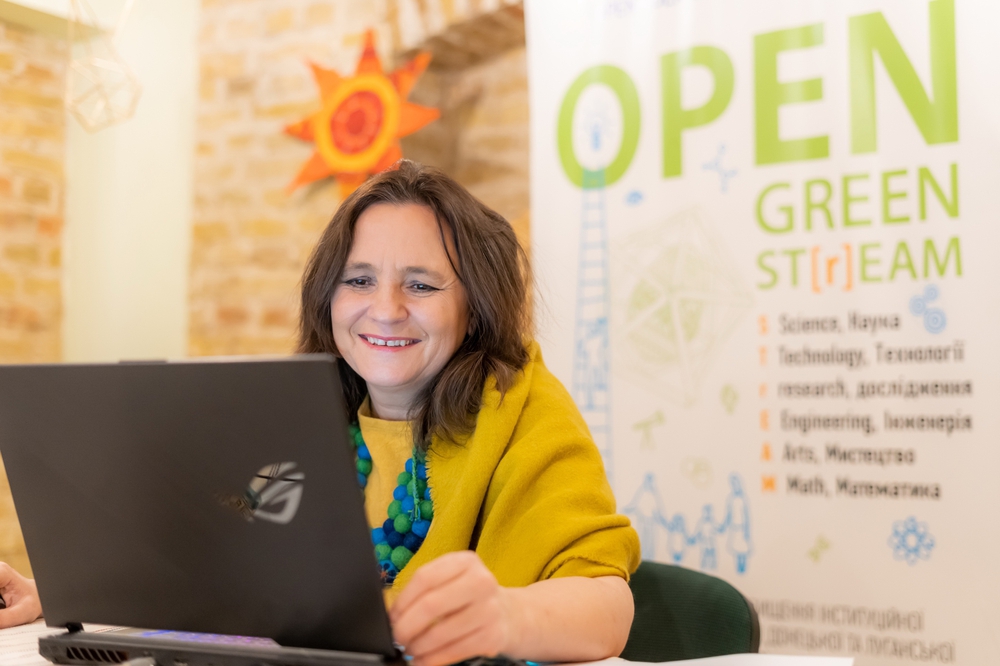News

Iryna ZHDANOVA: “It is better not to touch a system that works effectively”
Sept. 14, 2021, 1:30 p.m.The Open Policy Foundation’s Executive Director Iryna ZHDANOVA took part in the first meeting of the working group on improving the legal act that regulates the recognition of certification to define qualifications, learning outcomes, and periods of study in the higher education system, obtained in the temporarily occupied territory of Ukraine and in the Autonomous Republic of Crimea (Sevastopol) after February 20, 2014. The meeting took place on September 8, 2021, at the Ministry of Education and Science of Ukraine.
The working group included representatives of the Ministry of Education and Science, the Ministry of Internal Affairs, the Ministry of Health, the Ministry of Culture and Information Policy, the Ministry of Reintegration of the Temporarily Occupied Territories, the Ministry of Digital Transformation, the public sector, higher education institutions, etc.
The participants of the working group meeting discussed proposals for improvement of the legal act and further steps to update it, in particular, to simplify the certification procedure for students in the temporarily occupied territory.
According to the Foundation’s Executive Director, first of all, it is necessary to realize that while simplifying the process it is unacceptable to cross the red lines related to national security. Moreover, educational trajectories are very different, like situations. And this diversity cannot be fully described in the legal act, and such regulation will affect the fundamental principles of university autonomy.
“At the training courses, the Foundation held this year, representatives of many educational centers expressed a unanimous opinion: ‘Let's stop the endless changes in requirements and rules.’ You must admit that they are changed almost every year. This does not have a positive effect on the process and destabilizes the teaching staff. In my opinion, if this resolution, which we are considering today, does not have major shortcomings and it is a working system, it should be minimally changed, and it is not necessary to create any additional nuances that will interfere with educational institutions. In short, it is better not to touch something that works effectively. I am deeply convinced that such a certification procedure cannot be implemented at all for the so-called ‘DPR’ and ‘LPR’. Regarding simplification, I agree that we need to improve communication, but the maximally simplified procedure for remote submission of documents or remote exams cannot be acceptable. Yes, nostrification is a slow process, but the demand to speed it up is the interference in university autonomy. If the state wants to regulate this, it is necessary to provide such certification commissions with the budget funding. I repeat once again that there are different education trajectories and situations, but they are the responsibility of the university in view of the legally approved autonomy of universities, which we cannot devalue. I would also like to note that I support the right proposal of the Ministry for Reintegration of TOT to add professional pre-higher education to the certification procedure,” Iryna ZHDANOVA said.
